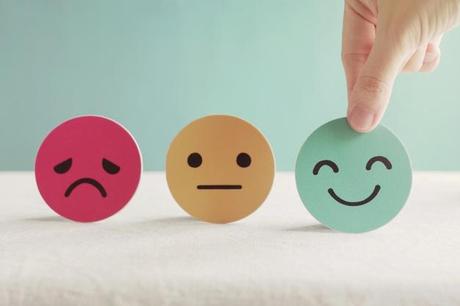
Credit: sewcream via FreePik
They say that money can’t buy happiness, but anyone who believes that has never worried about putting food on the table or keeping the lights on for their family.
The thing is, money certainly can buy security, and it’s a lot easier to improve your mental health when you aren’t preoccupied with your family’s safety.
Financial insecurity isn’t easy to talk about, especially when you add mental health issues into the mix. There’s still a stigma surrounding mental health and debt that stops many people from sharing their struggles. That sort of silence can make you believe you’re the only one carrying this burden.
But you aren’t! Financial anxieties and depression are more common than you think. In the aim of lifting the taboo, here are three facts about how mental health and finances today, proving that one is inextricably linked to the other.
1. Direct Payday Loans Linked to Poor Mental Health
One study out of the University of Washington shows that people who use direct payday loans are 38 percent more likely to report poor mental health.
Their research concluded that borrowers’ mental health might be explicitly harmed by the stress of meeting their short terms.
Payday loans direct lenders often charge high interest rates on small dollar loans. These loans can be challenging to repay because they’re due back by your next payday. The study show borrowers feel their mental health worsen when they can’t hit this due date.
That said, researchers didn’t condemn all short term loans. Some borrowers find relief through these potential payday loan alternatives that provide cash due back over weeks or months.
2. Debt Increases Risk of Depression
Dealing with debt is no picnic. But for a lot of people struggling with their finances, it’s the root cause of their depression.
According to the UK’s Money and Mental Health Policy Institute, 86 percent of people said their financial situation exacerbated their mental health. Their findings show that people with debt are twice as likely to develop major depression, and the more debt someone carries, the more likely they’ll struggle with their mental health.
3. Depression Can Lead to More Debt
Dealing with depression and debt at the same time is like fighting a two-front war. It can be hard to find the mental capacity to handle your financial issues when you’re depressed.
That’s because depression can affect your problem-solving skills, memory, and planning abilities. As a result, the Money and Mental Health Institute found that depression often causes Brits to make decisions that get them into deeper debt.
Of the 5,500 people surveyed by the MMHI, 93 percent said they spend more than usual when in a depressive episode. Nearly three-quarters put off paying bills, and 56 percent take out personal loans that they wouldn’t otherwise take out.
If depression makes managing your finances harder, and worrying about debt makes your depression worse, it can feel like you’re caught in a never-ending cycle.
The Takeaway
Mental health and money problems are common concerns for a lot of people. Together, they can cause a downward spiral that can be difficult to stop, especially when you think you’re the only one having these issues.
But if these stats prove anything, it’s that you aren’t alone. Hopefully, you find bravery in these numbers to open up about your own mental health and financial issues to find some help.
If you enjoy my blog, please consider following me on Bloglovin'
